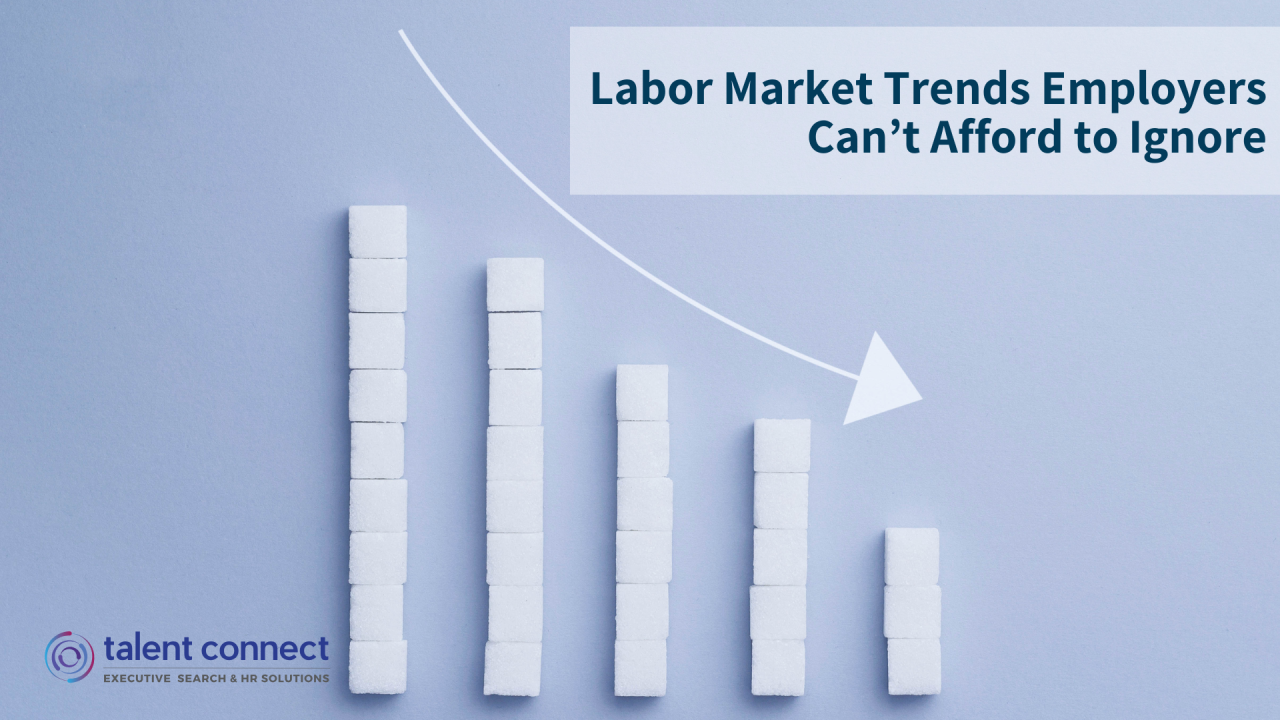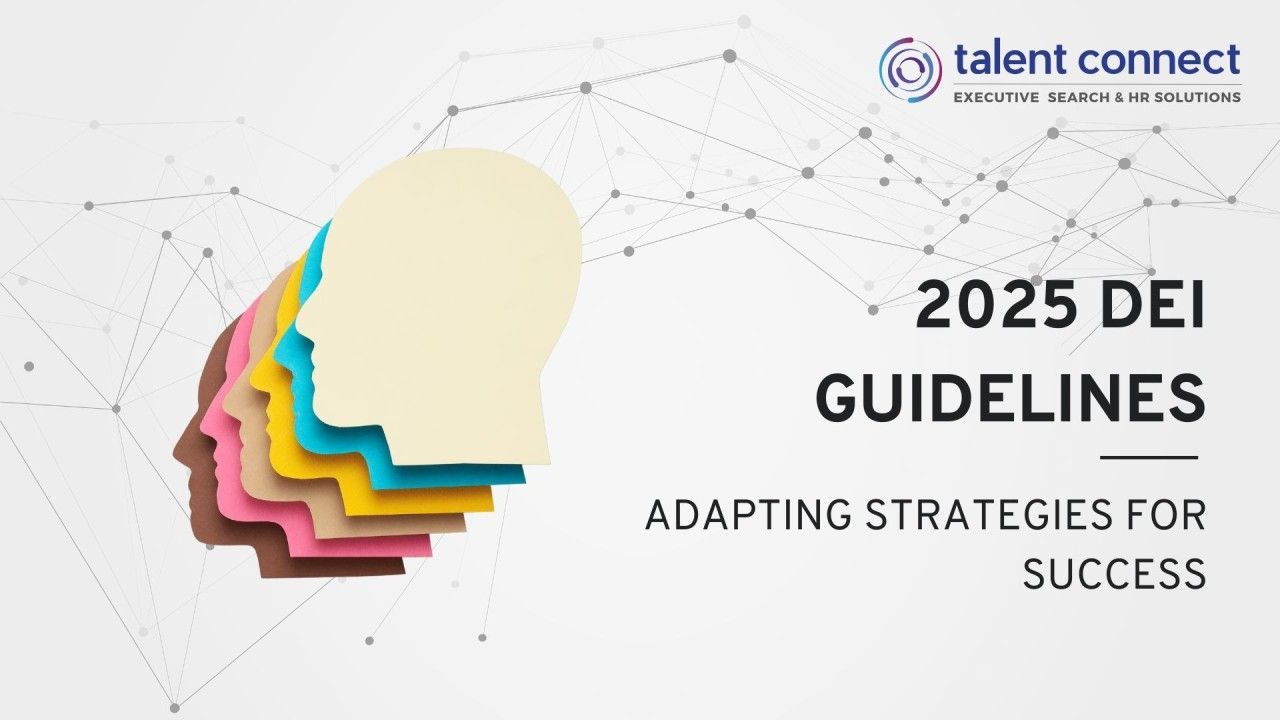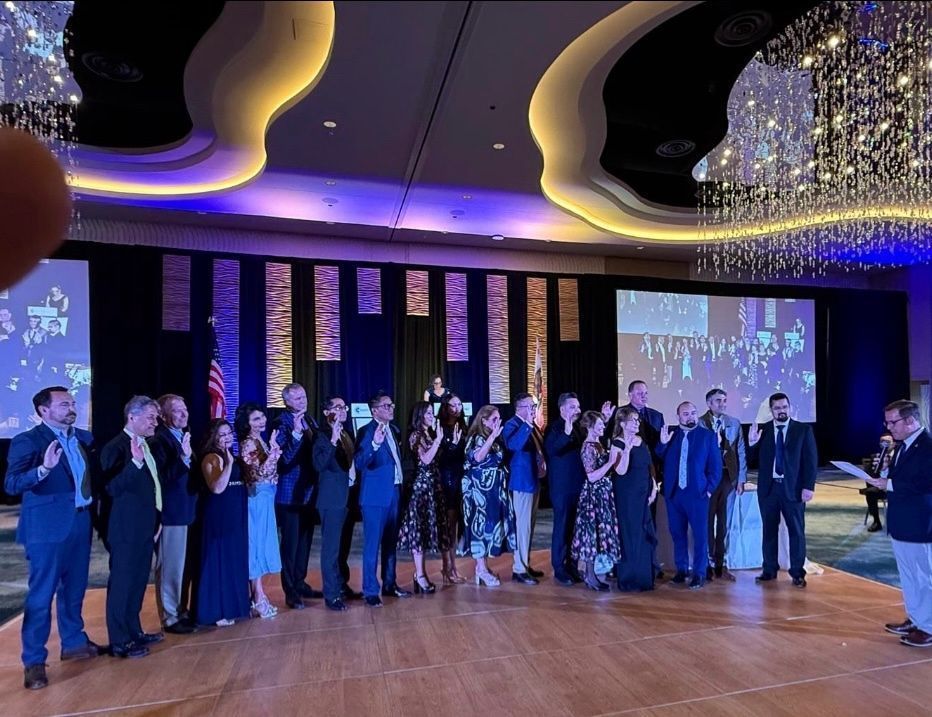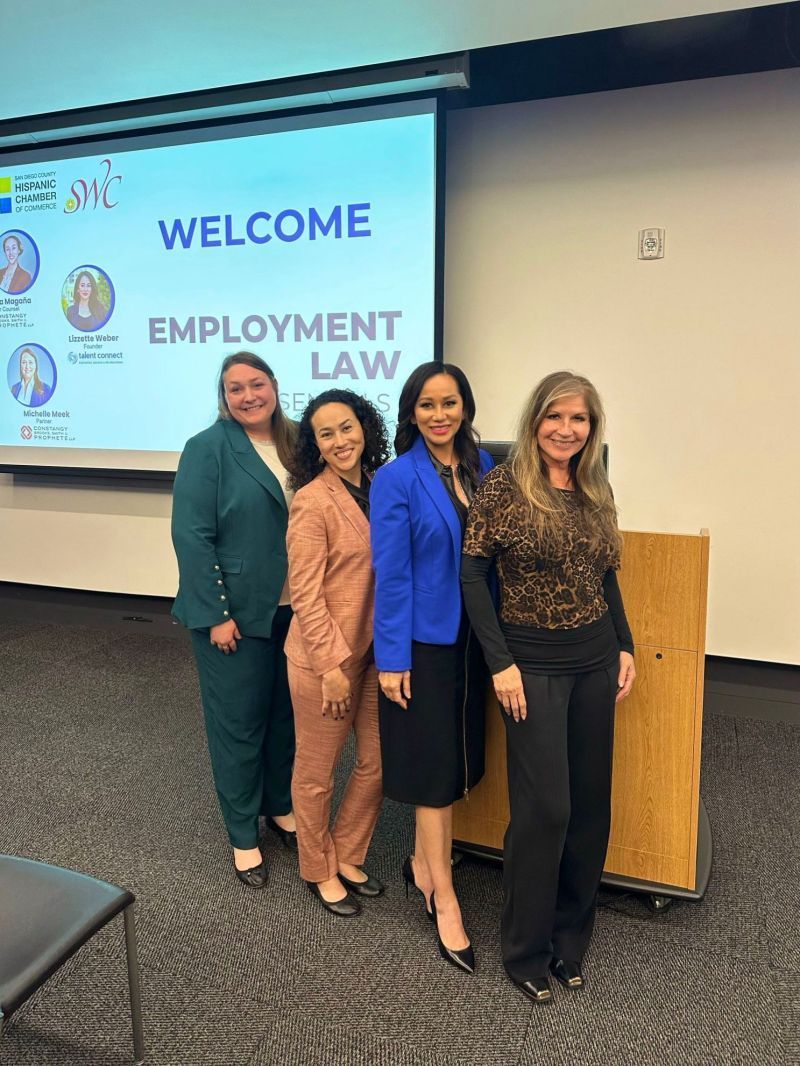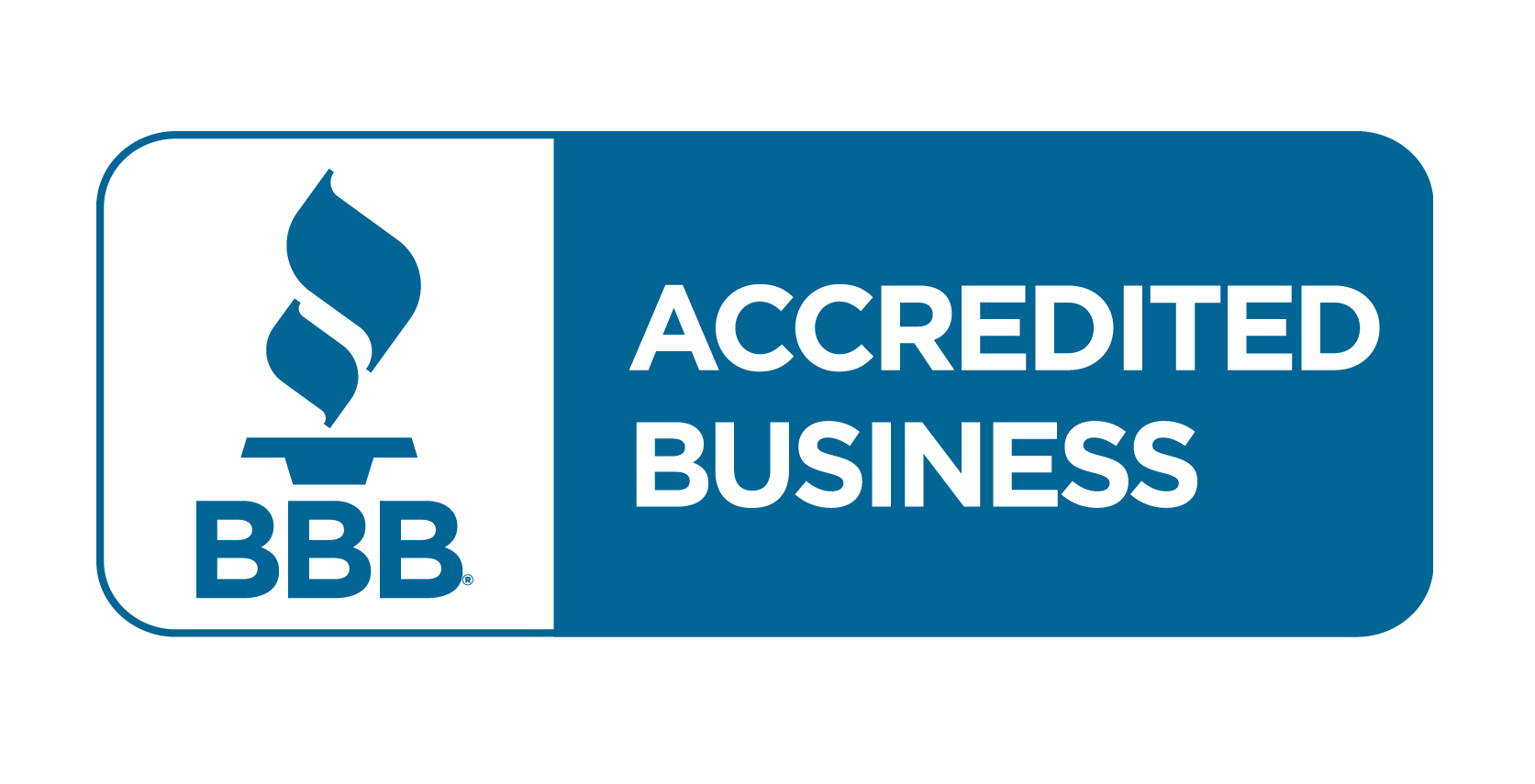Prepared for Increased I-9 Audits?
Employers: Are You Prepared for Increased I-9 Audits?
Prepare for More I-9 Audits Under the Trump Administration
As immigration policies shift under the new administration, employers must be proactive in ensuring compliance with Form I-9 requirements. With a renewed focus on worksite enforcement, businesses across industries should prepare for a potential surge in I-9 audits. A strategic approach to self-auditing, compliance training, and legal preparedness can help organizations avoid costly fines and reputational risks.
Why I-9 Audits Are Expected to Increase
During the first Trump administration, U.S. Immigration and Customs Enforcement (ICE) dramatically increased I-9 audits, jumping from 1,360 audits in 2017 to nearly 6,450 by 2019. ICE had plans to conduct 15,000 audits in 2020 before the COVID-19 pandemic slowed enforcement efforts. Now, with new executive actions prioritizing "merit-based" hiring and strict immigration enforcement, experts anticipate another wave of aggressive audits targeting businesses that fail to maintain compliant I-9 records.
Companies in agriculture, construction, hospitality, and manufacturing are historically high-priority targets for worksite enforcement investigations, particularly those not enrolled in E-Verify. However, audits have expanded to a wide range of industries, making I-9 compliance a priority for all employers.
Common I-9 Compliance Mistakes That Could Cost You
While I-9 compliance may seem straightforward, even minor errors can result in steep fines. The current penalty for paperwork violations is up to $2,789 per error, and knowingly employing an unauthorized worker can lead to fines exceeding $27,000 per violation. In severe cases, business owners and HR managers may face criminal charges, business license revocation, and even imprisonment.
Some of the most common I-9 compliance mistakes include:
- Incomplete or missing forms – Every employee must have a valid I-9 form on file, completed within three business days of hire.
- Late or incorrect completion – Errors in Section 1 (employee information) and Section 2 (employer verification) can lead to violations.
- Failure to retain I-9 forms properly – Employers must keep records for all active employees and for at least three years after hire or one year after termination (whichever is later).
- Incorrect documentation verification – Employers must verify and retain valid work authorization documents (e.g., a U.S. passport, permanent resident card, or an employment authorization document). A visa stamp alone is not valid proof of work authorization.
- Using outdated I-9 forms – As of August 1, 2023, employers must use the latest Form I-9 version, which remains valid through July 31, 2026, or May 31, 2027.
How to Prepare: Self-Audits and Legal Best Practices
With increased scrutiny from ICE, proactive I-9 audits can help businesses identify and correct compliance issues before an official inspection occurs. Organizations should conduct a thorough internal audit, ensuring:
- Every employee has a properly completed I-9 form on file
- Documents are reviewed and verified correctly
- Expired work authorizations are updated
- Retention policies follow federal guidelines
- HR teams are trained on compliance best practices
Employers should also work closely with legal counsel or compliance experts to address any vulnerabilities, especially if unauthorized workers are identified during an internal review. Taking corrective action immediately can help mitigate potential penalties.
What Happens During an I-9 Audit?
If ICE initiates an I-9 audit, employers typically receive a Notice of Inspection (NOI) and must provide:
- All current and terminated employees’ I-9 records within the retention period
- A list of employees, payroll records, and information on third-party contractors
- Supporting documentation related to work authorization
Employers have three business days to produce these documents, though legal counsel can sometimes negotiate an extension if records are stored remotely. ICE will then review the forms and issue one of the following:
- Compliance letter – No violations found
- Notice of Suspect Documents – ICE believes employees lack proper work authorization
- Notice of Technical or Procedural Failures – Paperwork errors must be corrected within 10 days
- Notice of Intent to Fine (NIF) – Substantial violations found, requiring legal negotiation or litigation
Why Compliance Matters Now More Than Ever
Beyond avoiding fines and legal penalties, I-9 compliance is essential for maintaining business operations and protecting company reputation. High-profile enforcement actions have led to business closures, contract losses, and leadership resignations. Companies should see compliance as a long-term investment, rather than a short-term obligation.
Key Takeaways for Employers
- Stay proactive – Conduct regular internal I-9 audits to identify and correct errors before ICE audits occur.
- Train your HR team – Ensure HR professionals and hiring managers understand I-9 requirements and compliance best practices.
- Use the latest I-9 forms – Ensure all new hires complete the updated August 1, 2023, edition of Form I-9.
- Seek legal guidance – If faced with an I-9 audit or potential violations, consult immigration and HR compliance experts to mitigate risk.
At Talent Connect Executive Search & HR Consulting, we specialize in helping businesses stay ahead of workforce compliance challenges. Whether you need guidance on I-9 audits, workforce policies, or HR best practices, our team is here to support you.
